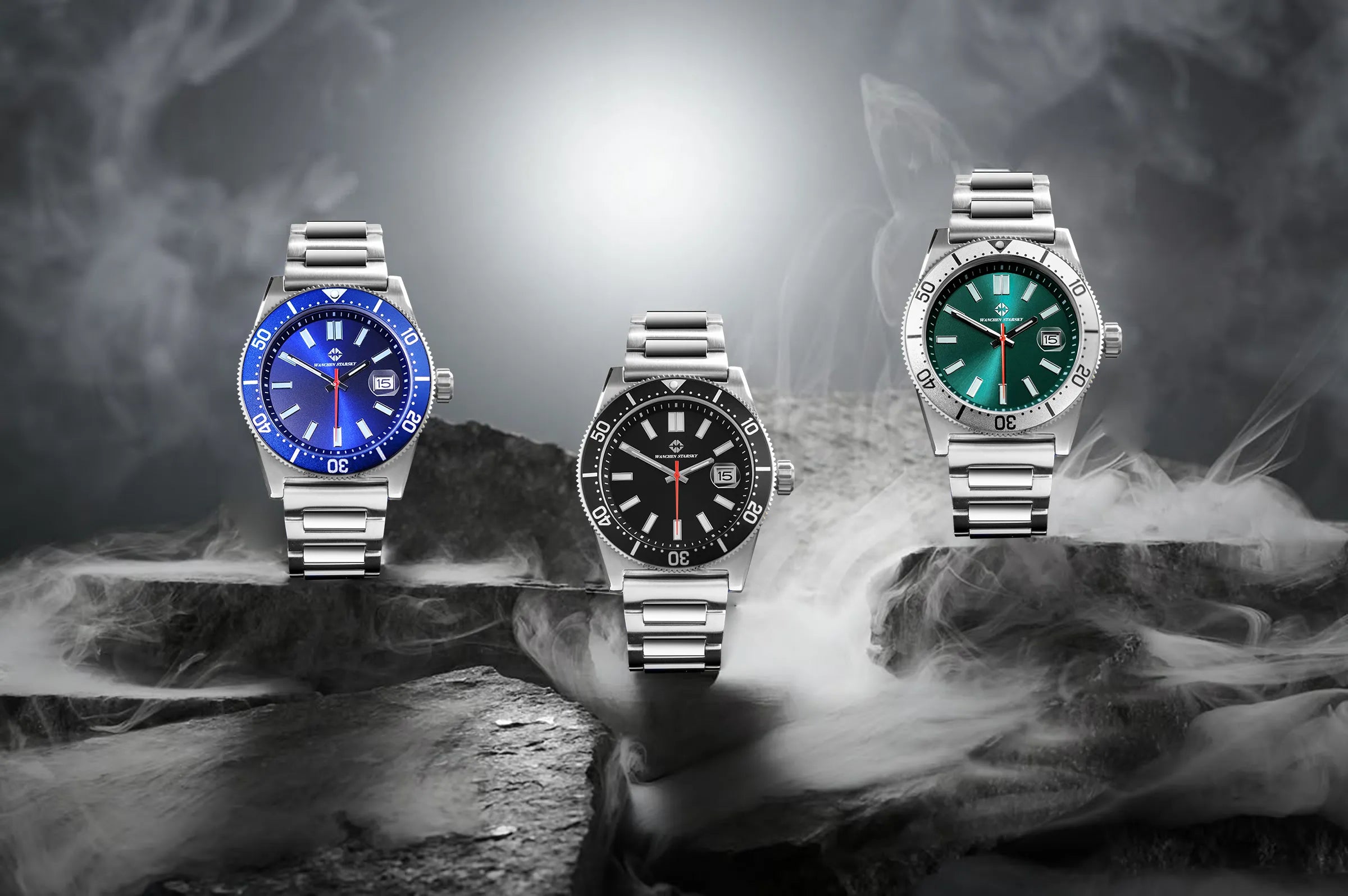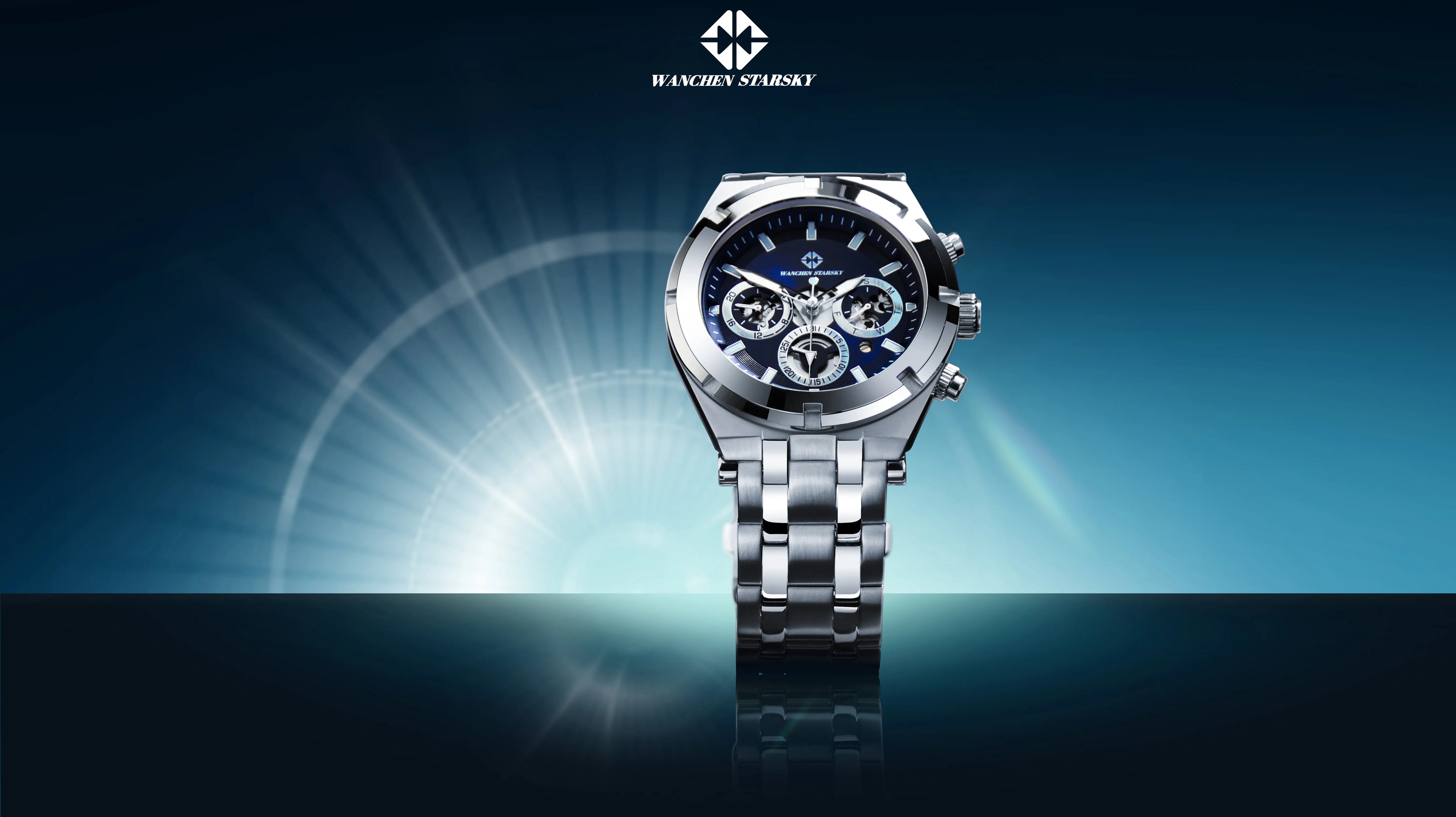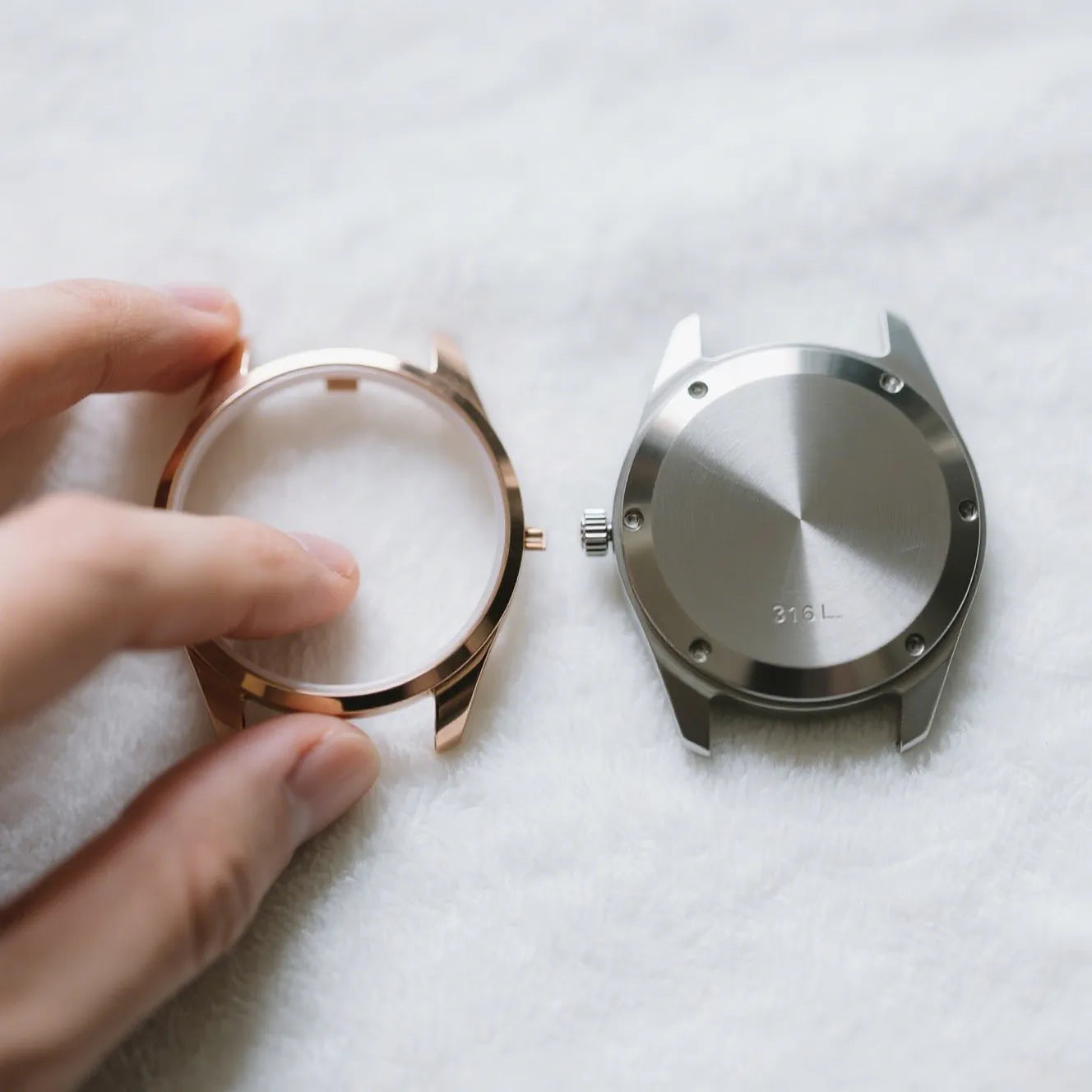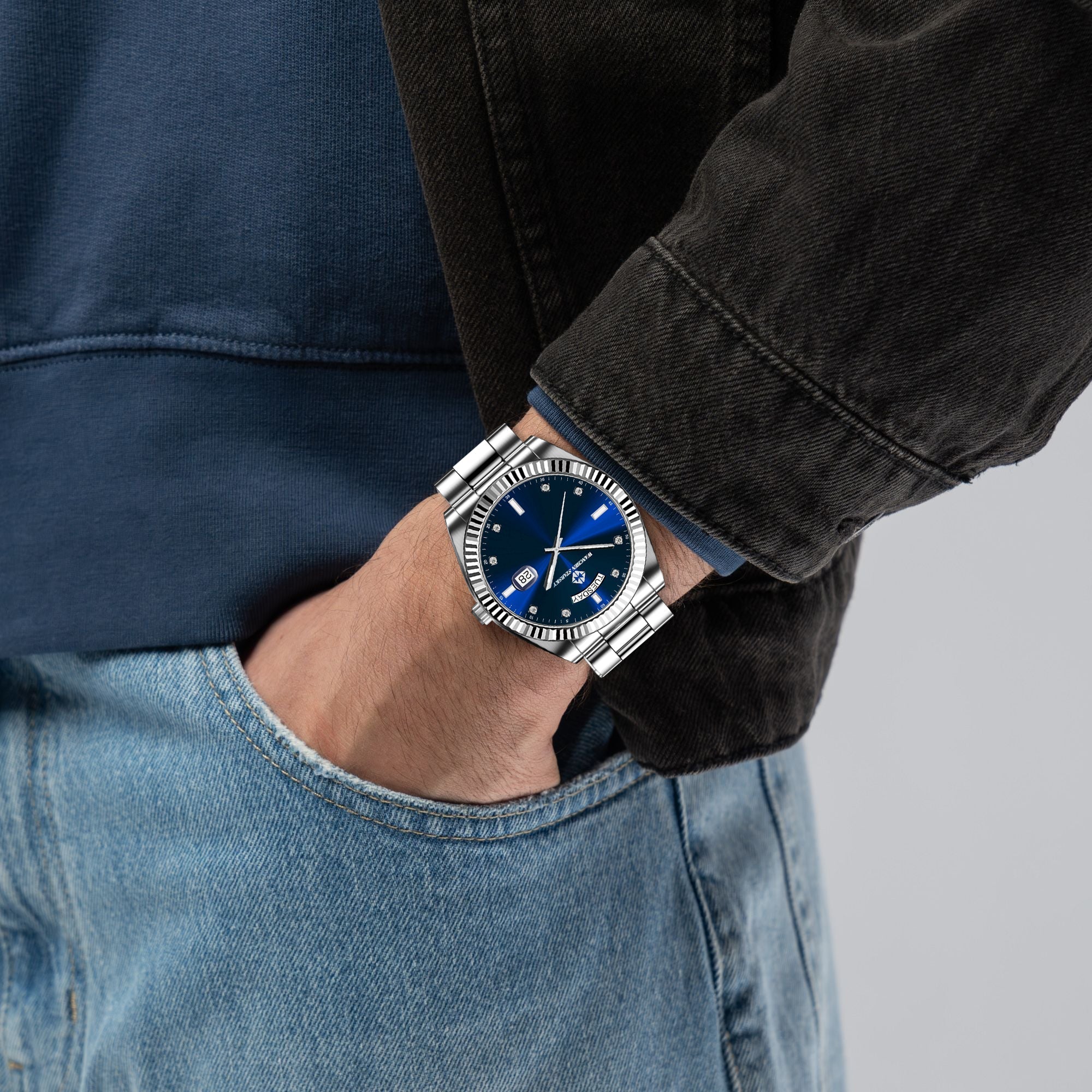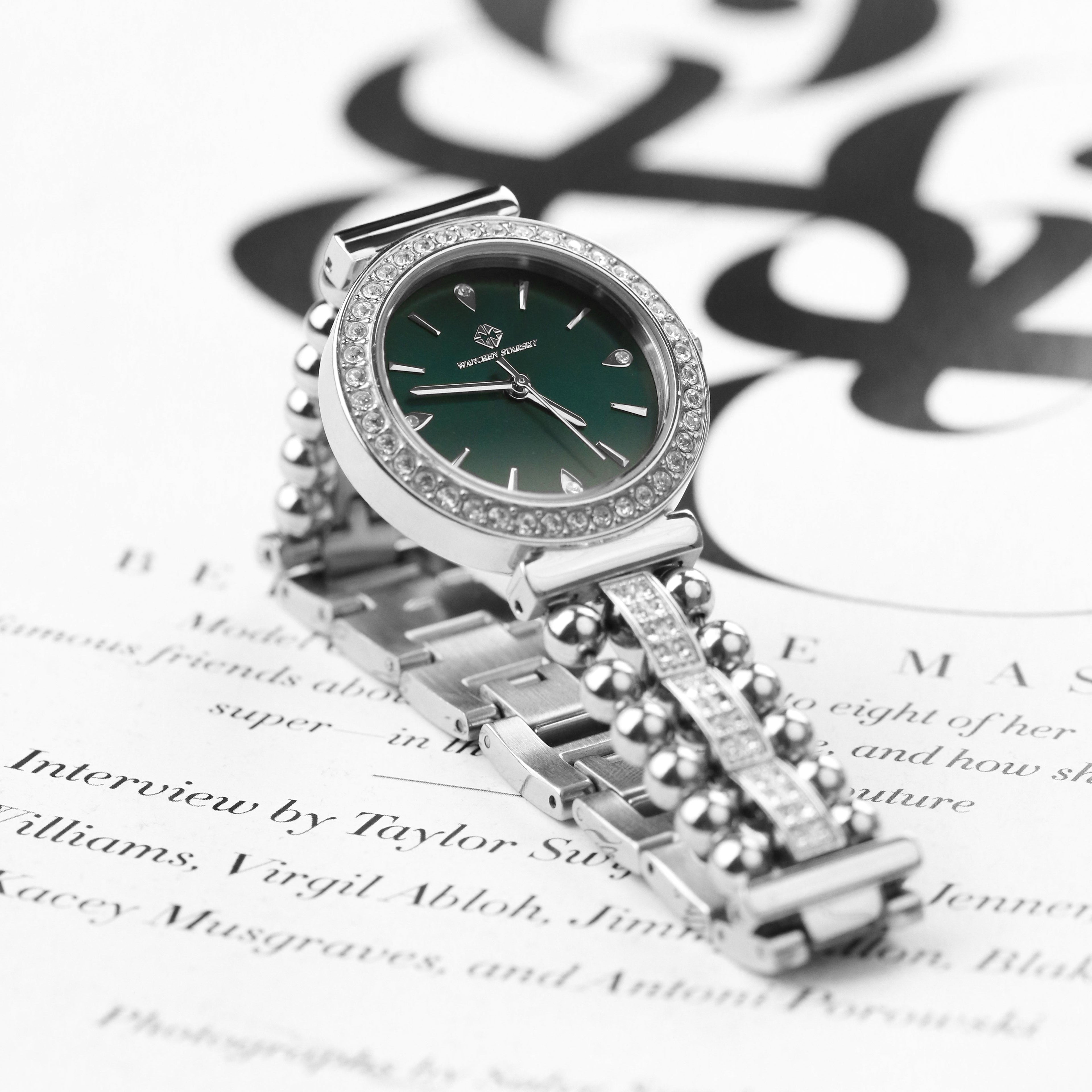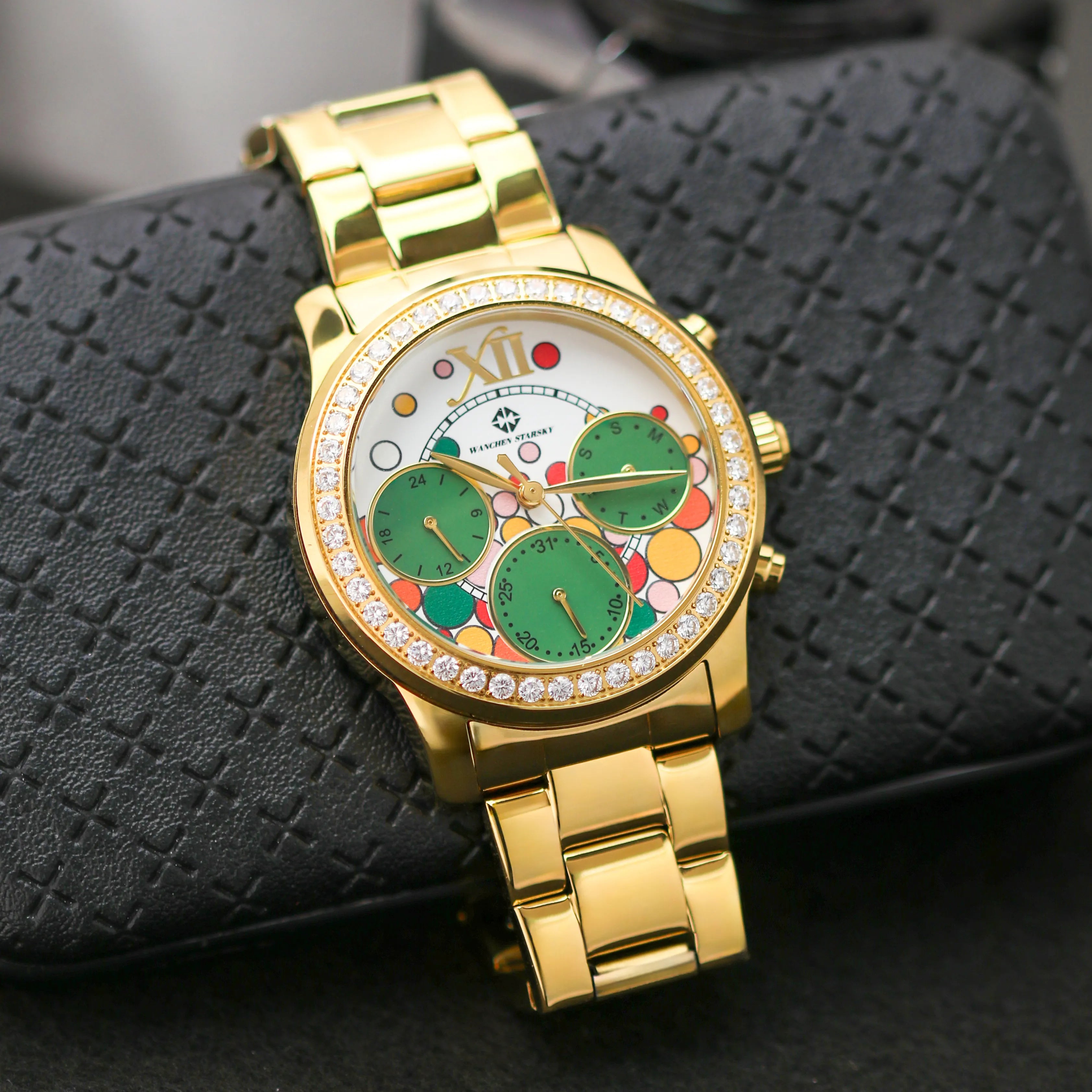
Quartz watches become king?
Revealing the four core logics of crushing mechanical watches.
In the watch industry, mechanical watches once dominated the market with "mechanical aesthetics", but now quartz watches have emerged as the first choice for mass consumption. The reason is that quartz watches accurately hit the "pain points" and "satisfaction points" of modern consumption.
1. Precision is king: crush "error anxiety" into slag
Mechanical watches are affected by the movement structure and the external environment, and the daily error can reach ±30 seconds, and the long-term cumulative error is more obvious; quartz watches rely on quartz crystal oscillation to travel, and the annual error is only about 2 minutes, far exceeding mechanical watches. For modern people who pursue "minute-by-second precision", choosing a quartz watch means saying goodbye to "error anxiety" completely.
2. Cost-effectiveness: economical and affordable is the king
The research and development cost of mechanical watches is high and the process is complex. The entry-level model costs thousands of dollars, and the high-end model is even more expensive. It also needs regular "oiling" and maintenance, Annual fees range from a few hundred dollars to a few thousand dollars. Quartz watches have a simple structure and low production cost. You can buy a high-quality watch for less than $300, and you only need to replace the battery every other year. The long-term use cost can be called "cabbage price". For consumers with limited budgets, quartz watches are directly crushed by "high cost performance".
3. Design freedom: a happy paradise for appearance parties
The mechanical watch movement is complex, and the design is limited by thickness and space; the quartz watch movement is compact, giving designers space to "let go of themselves" - ultra-thin watch body, special-shaped dial, colorful color matching, free play, from simple workplace style to sweet and cool trendy style, easily control various styles. In the consumer era of "appearance is justice", quartz watches have captured countless fans with their "various shapes".
4. Save trouble and effort: refuse "watch ancestor" service.
Mechanical watches are delicate and afraid of falling, magnetism, and stopping. Once you forget to wind it, it will "go on strike", and maintenance is comparable to serving "ancestors"; quartz watches are mainly "Buddhist" style, and they can operate after installing batteries and are replaced every two years. It is not sensitive to daily bumps and bumps, and perfectly fits the fast-paced life. Choosing it is equivalent to choosing a "worry-free" lifestyle.
When mechanical watches still rely on "feelings", quartz watches meet the needs of modern consumers with the four advantages of "precision, saving money, good looks, and worry-free". This is not a "must lose" for mechanical watches, but an inevitable choice for the consumer market to return to the "practical essence" - watches must be "easy to use" to be "loved". The rise of quartz watches is actually a gentle victory of "practicality" over "feelings".






